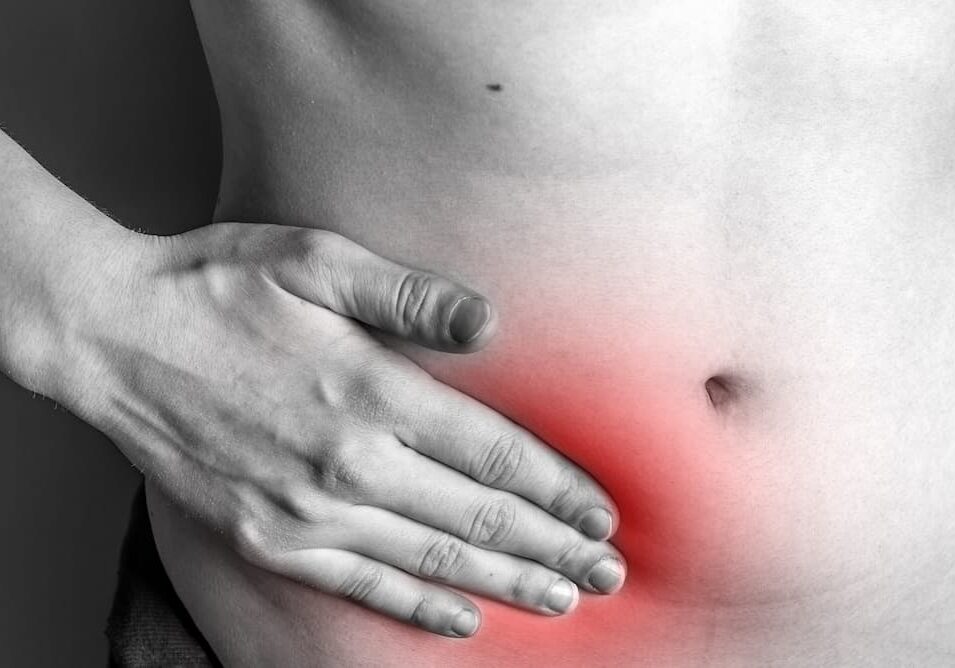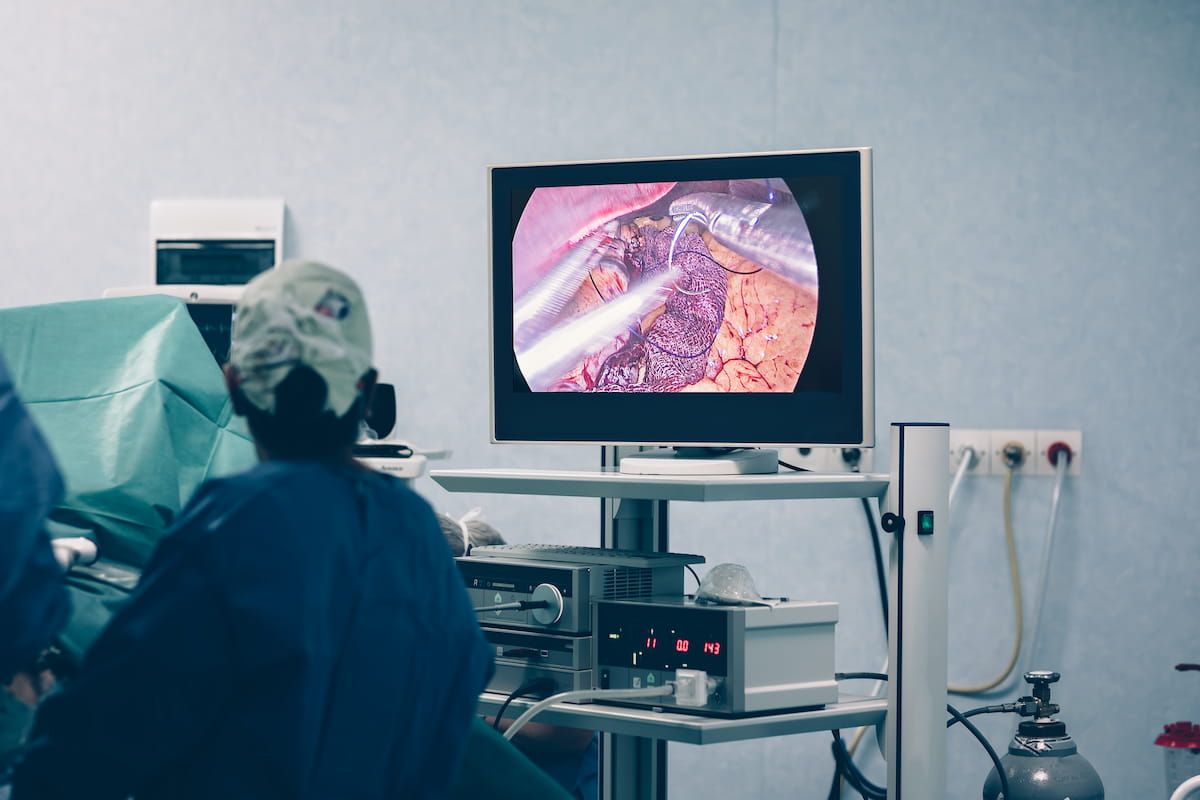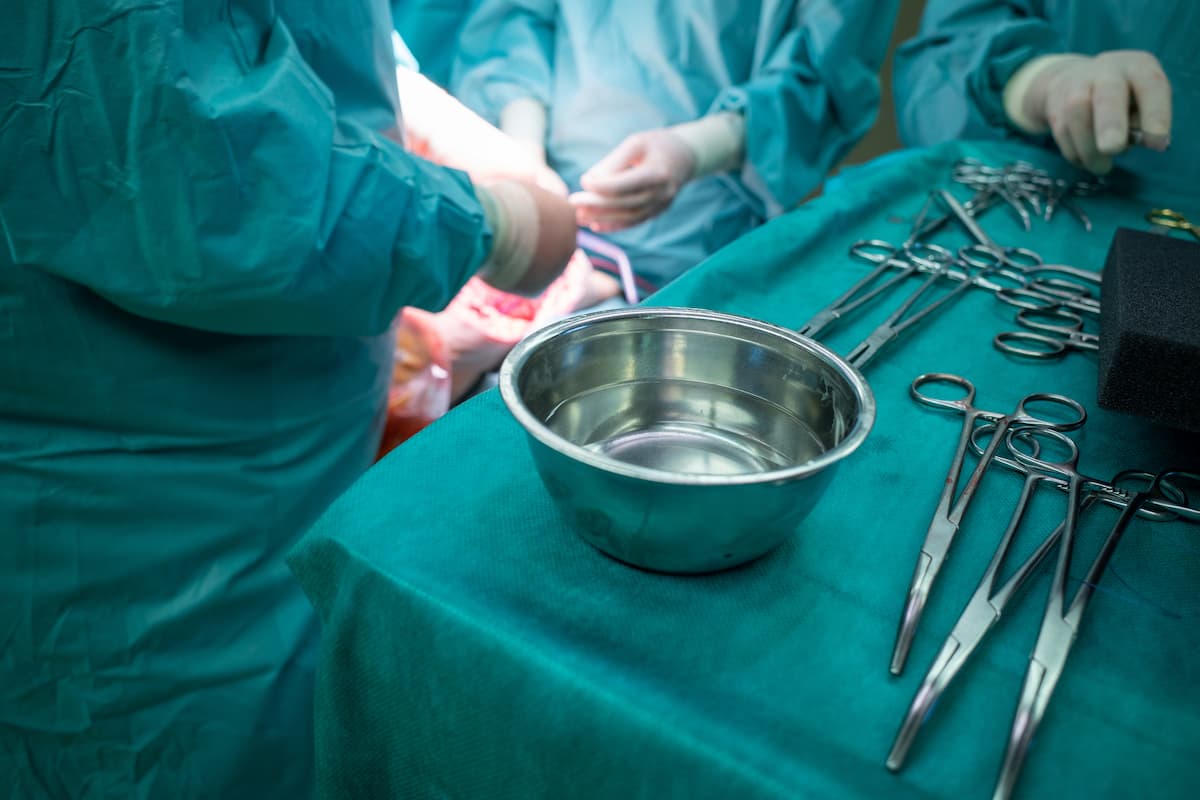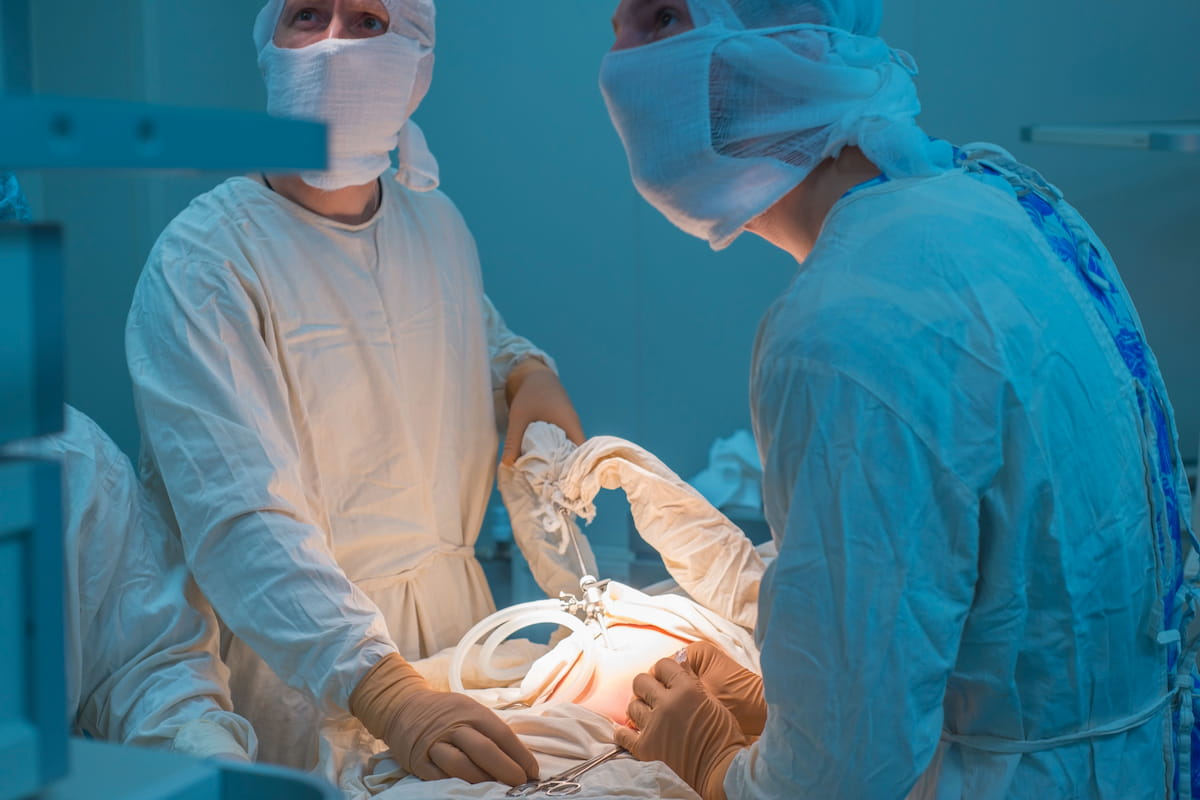Hernia
Hernia arises from a weakness in the abdominal wall. The weakness can be something you are born with (congenital) or that develops due to stress and strain on the muscles during physical activities that increase pressure within the abdomen, for example lifting heavy weights, straining at stools, bad bouts of coughing and so on. The contents of the abdomen come through this weakness and present as a lump on the outside.
Where can I get a hernia?
Groin: Inguinal or Femoral hernia
Around belly button: Umbilical / para-umbilical hernia
Above the belly button: Epigastric hernia
At the site of a previous operation: Incisional hernia
Rare sites: Obturator, Spigelian, Lumbar hernia


How can a hernia affect me?
Hernias can grow over a period of time and can become large and unsightly. They can cause intense discomfort towards the end of a day, especially if your work is physically demanding. Groin hernias can also affect your gait and be very uncomfortable.
Hernia when it appears usually goes back in when you lie down. When the hernia stays even on lying down or becomes painful, it is called an incarcerated hernia. This can be painful and will need an urgent operation.
If the bowel within the hernia is blocked the condition is called an obstructed hernia. You will develop vomiting, abdominal pain, abdominal bloating and constipation. If not treated / operated on urgently, this will cause dehydration and can lead to kidney failure.
Most severe complication of a hernia is called a strangulated hernia. In this condition, blood supply to the bowel and other contents within the hernia is cut off. This condition is associated with severe pain, redness and you will feel very unwell and can result in blood poisoning. Both obstructed and strangulated hernia requires immediate operation.

Treatment of hernias
To prevent any complications and to treat symptoms of hernias, operations is the only solution. A non-operative treatment such as a truss can be used. However, truss is seldom used, doesn’t treat the defect, nor gets rid of the hernia. A truss can itself make the hernia painful and if not worn properly can lead to more problems.
As the hernia arises from a mechanical defect, treatment for this condition is mechanical strengthening of the defect.
Mesh or no mesh?
Surgery for hernia has been transformed since scientific studies showed the recurrence rate of hernias decreased dramatically with the use of synthetic mesh. In the vast majority of hernia operations (apart from very small hernias), a synthetic mesh is placed to repair the defect.
There has been a level of anxiety with usage of mesh resulting from recent media reports. British Hernia Society, in response to these sensationalised media reports issued a statement regarding the safety and efficacy of meshes.
In Mr Jayanthi’s practice, the vast majority of hernias (even complicated and complex hernias) are fixed by keyhole surgery. This results in a better repair of the hernia, less pain, quicker recovery and earlier return to work and daily activities.

Gastric Sleeve
A gastric sleeve surgery is a restrictive procedure where the size of your stomach is reduced therefore limiting the amount of food you can eat which will help towards weight loss.

Gastric Band
A gastric band involves dividing your stomach into two by placing a silicone band around the stomach therefore creating a small pouch at the top of your stomach (roughly the size of a golf ball).

Gastric Bypass
In the UK, the most common gastric bypass surgery is a combination of restrictive and malabsorptive procedure procedures called Roux-en-Y (RYGB) which creates a two-way weight reducing effect.
